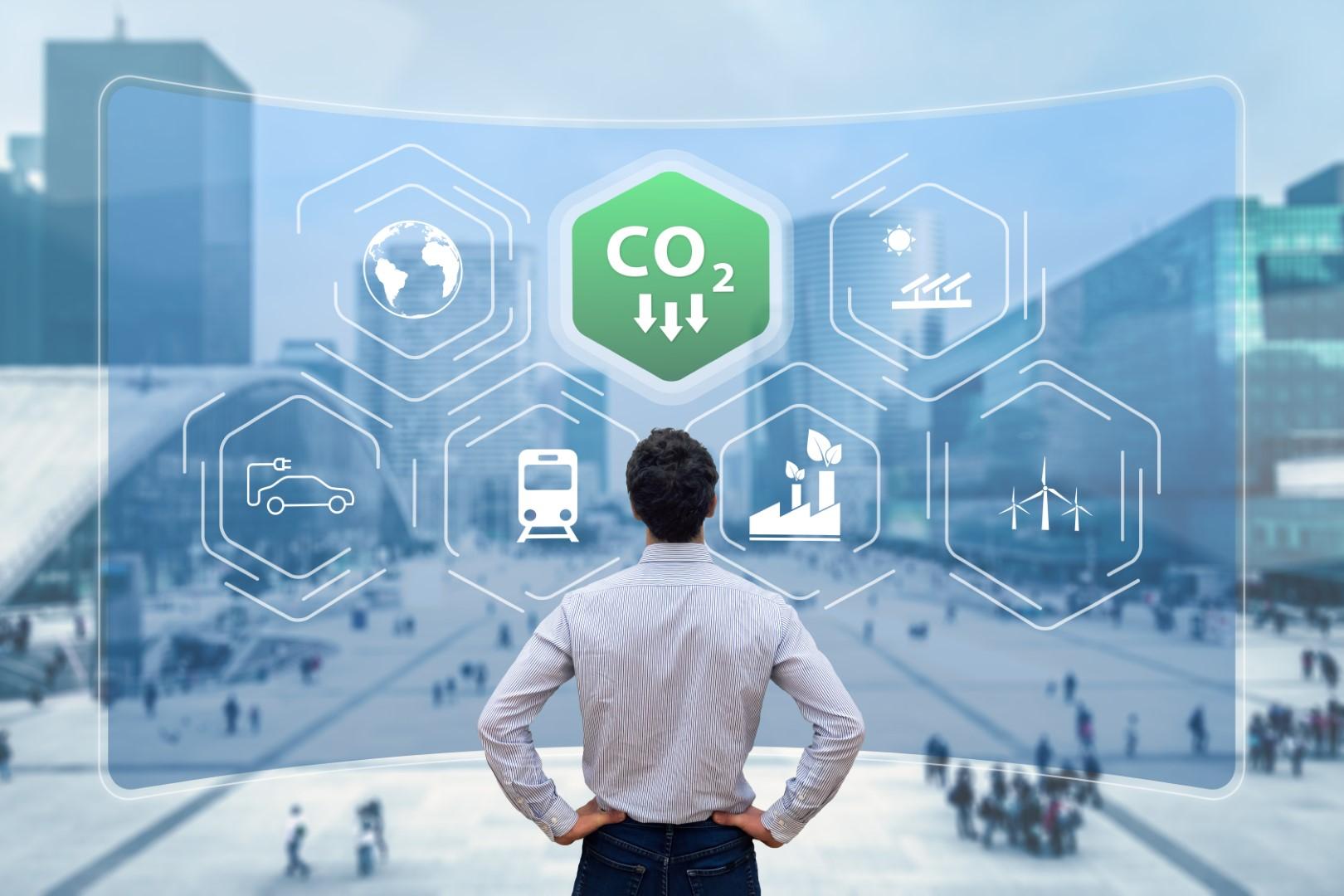Newsletter: The real weapons to create value by decarbonizing: Contracts of Trust?
To succeed in the fifth industrial revolution or to let greenhouse gas emissions slip away and lead to a warming exceeding 3°C is the challenge that all economic, political and social actors have definitively taken up in 2022.
This challenge calls for the end of the short-sightedness of the market. Since the Paris Agreement, there has been flourishing ideas on economic incentives, regulations, awareness-raising in the financial community and a return to industrial planning combined with support for a shift towards more sober lifestyles. The problem is that a “benevolent planner” today cannot proceed in a centralized way as in the post-war reconstruction, where it was enough to mobilize obvious technical options. Today, the long-term options are controversial (nuclear, wind, biomass) and the solutions of the future are uncertain for technical reasons (batteries, hydrogen, CCUS), as well as for reasons of market organization, lack of skills and acceptability to the public. As for the available technologies (in housing, for example), they cannot be imposed by decree until we understand the institutional, social and sometimes cultural barriers to their full exploitation.
Nothing would be more dangerous than to think that 'transition plans' written on paper could be imposed on companies, their 'technological content' being susceptible to brutal revisions due to disruptive innovations not initially foreseen, reversals in public perceptions or 'nasty surprises' in the performance of technical options and organizational schemes not yet proven to date.
The role of a 'benevolent planner', aware of his or her limits, is, based on clear objectives for reducing carbon emissions, to organize a positive competition between fields of innovation, while encouraging cooperative sectoral behavior, including and above all to pool research efforts. As with all major technological transitions, including the recent breakthrough of anti-covid vaccines, this requires risk-sharing schemes supporting contracts of trust between states, local authorities, companies and social partners. One of the keys is the transparency and credibility of procedures for revising initial plans in the light of experience.
We are not starting from scratch. The considerable sum of these investments can lead to more cooperation between the leaders and increase their strength. For example:
Arcelor Mittal, France's leading GHG emitter, is aiming to reduce its emissions by 30% within the next eight years by using recyclable steel, a new iron deoxidation technique and CO2 storage: the DMX project, which is being carried out with a consortium of a dozen other manufacturers. In the transport sector, the leading GHG-emitting sector in France, we are paving the way for low-carbon freight with the Energy Observer 2 project, supported by Air Liquide and CMA CGM, for a ship that runs on hydrogen, photovoltaics and wind propulsion.
Other sectors are making more decentralized commitments: changes in agricultural systems, logistical support for short circuits and new modes of travel.
Another danger is to think of the transition to 'carbon neutrality' in a single country or region. We must remember that 70% of low-carbon investments must be made in developing countries and that it is fundamental to redirect part of the world's savings towards low-carbon investments in the South. By creating multilateral risk-sharing mechanisms, for example. It would allow mostly globalized companies or innovation networks to create value along the entire value chain, from primary energy to final services, and above all to contribute in essence to covering the three "scopes" of the transition.
Unlike previous industrial revolutions, this one is vital for the survival of humanity. Agile, pragmatic approaches in a systematic spirit of co-development will be able to accelerate the ROI of the $3 trillion/year estimated by the IPCC for the transition.
INUO Strategic Impact has the tools and expertise to support your strategic goals and create sustainable EBITDA:
Full Potential Impact: definition and implementation of a robust ESG strategy, including identification of immediate risks and vulnerabilities across the value chain and design of a remediation roadmap based on disruption scenario analysis, reevaluation of the supply chain, alignment of companies KPIs with adequate ESG metrics, identification of relevant ESG best practices, preparation to ESG certification by a third party agency.
100-360! Full Efficiency Impact: 100 days to diagnose and deliver sustainable EBITDA-positive operational results, enabling the financing of a Full Potential Impact transformation program, whose monetizable results obtained after 360 days are characterized by ROIs of the order of 3 to 5.
Chiheb Mahjoub
Founding Partner
Specialist of corporate strategy and transformation, Chiheb practiced for more than 30 years as a partner in leading global strategy consulting firms such as Deloitte and Kurt Salmon where he was CEO for eight years , in the US, Europe, Africa, and Japan and as a Tech entrepreneur.
Chiheb is a recognized Expert at identifying opportunities, developing new ventures and start-ups, validating with stakeholders innovating strategies, bringing in financial partners and actively participating in developing or turning around companies in special situations all around the world.
Chiheb held an MBA from Ecole Nationale des Ponts et Chaussées and Ms of Engineering from ENSIMAG.
Laetitia Louvel
Consultant
Specialized in decarbonation, transition and strategy consulting.
Laetitia graduated from Université Paris Dauphine with a master in Finance and economy.

